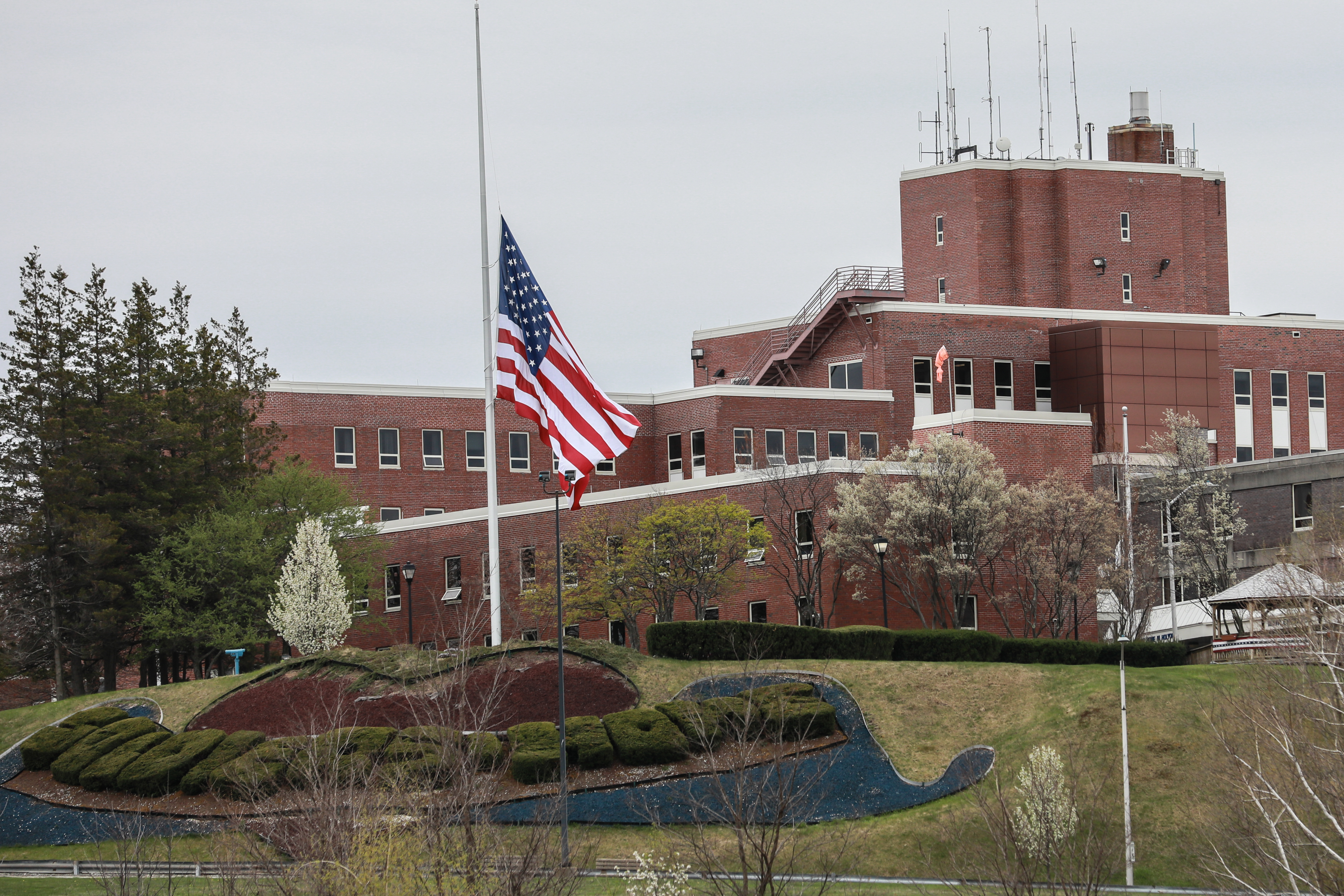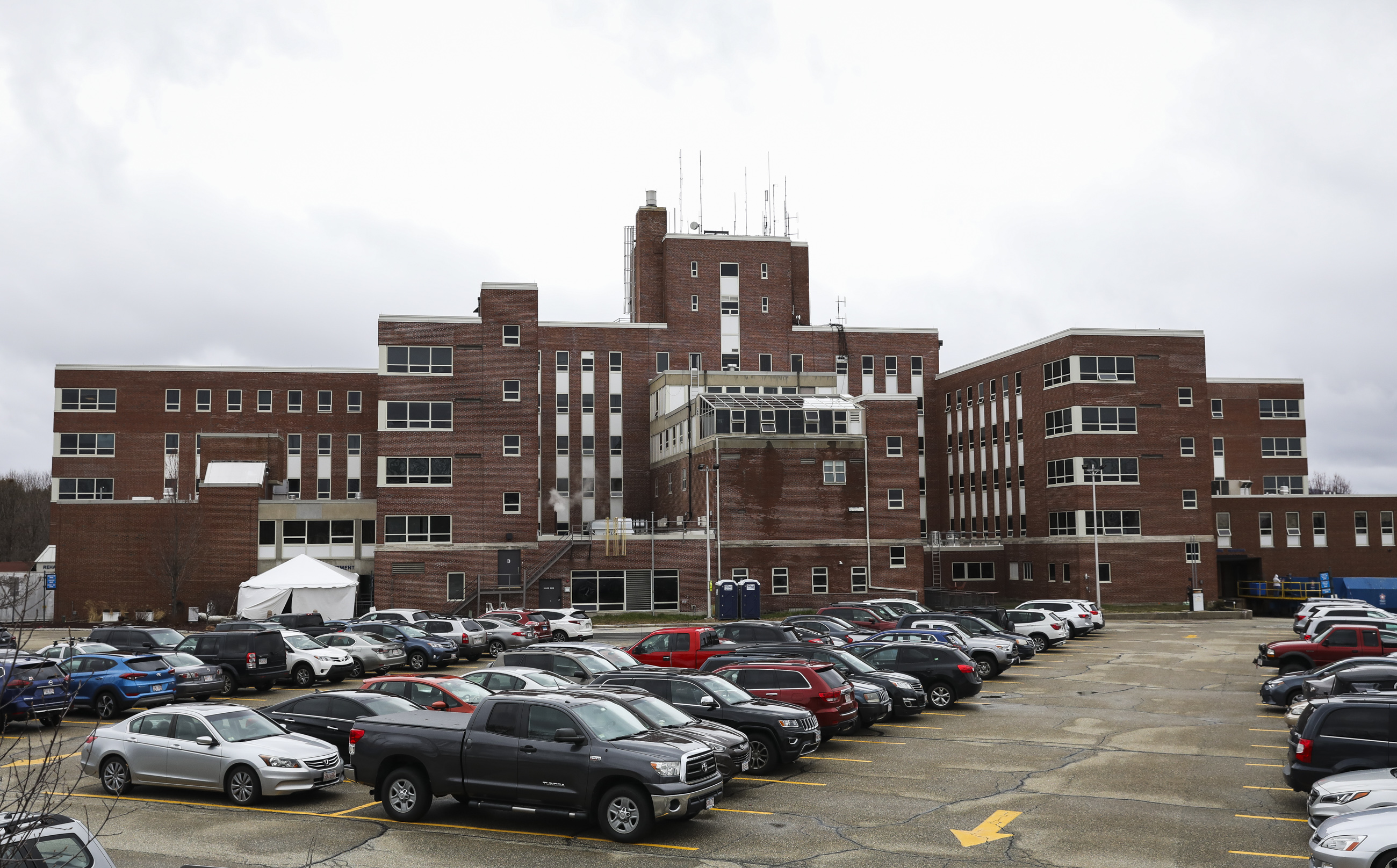Massachusetts has taken another step toward an expedited renovation project at a veterans' care center that was the site of one of the nation’s deadliest COVID-19 outbreaks at a long-term care facility.
The state Office of Administration and Finance announced Monday that it had selected a company to conduct a 12-week assessment of what needs to be done at the Soldiers' Home in Holyoke. The assessment includes meetings with stakeholders such as veterans and their families, staff, community members and state legislators.
It will also look at cost estimates, financing options, and realistic timelines for regulatory approvals, design and construction.
The assessment by Payette will be used to develop and implement a plan to apply for a federal Veterans' Affairs State Home Construction Grant by the April 15 deadline.
"Our administration is committed to supporting important facility improvements for the Soldiers' Home to ensure the facility can provide the best care possible for the veteran residents who have served our country with honor," Republican Gov. Charlie Baker said in a statement.
During the COVID-19 outbreak at the 250-bed state-run facility that opened in 1952, 76 aging and sick residents died after contracting the disease caused by the coronavirus and dozens of other residents and staffers were sickened.
A state investigation found that a building poorly designed for infection control, as well as "baffling" decisions by management, allowed the disease to run amok.
More on the Soldiers' Home in Holyoke
The home's superintendent was fired, and the state Veterans Services Director, who oversaw the home, resigned.
"We have a unique opportunity to shift the models of long-term care that we offer to our veterans, following the pandemic that has shined a spotlight on necessary and urgent infection control needs," acting Veterans' Services Secretary Cheryl Lussier Poppe said in a statement. "We look forward to the continued progress that will be made at the Soldiers' Home in Holyoke, ensuring our most vulnerable demographic of veterans are cared for in the safest, and most appropriate environment."
The state has already spent $6 million to improve infection control at the facility, including the replacement of furnishings and the installation of air purification units.
A 2012 plan to expand and renovate the home to relieve crowding was never carried out. While that plan is now outdated, it does provide some "helpful ideas," according to the state Office of Administration and Finance.



